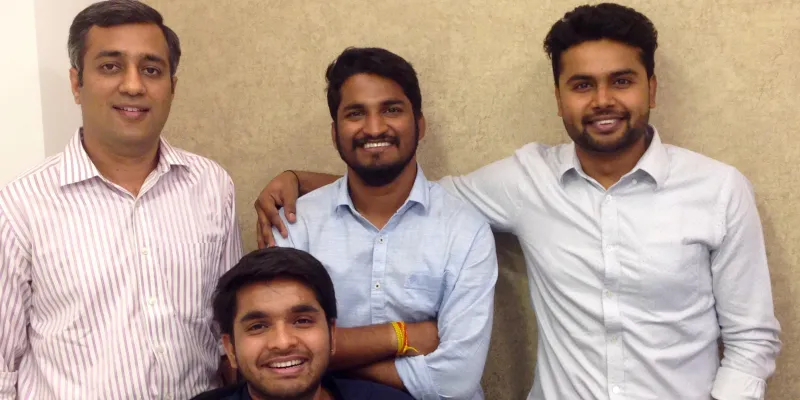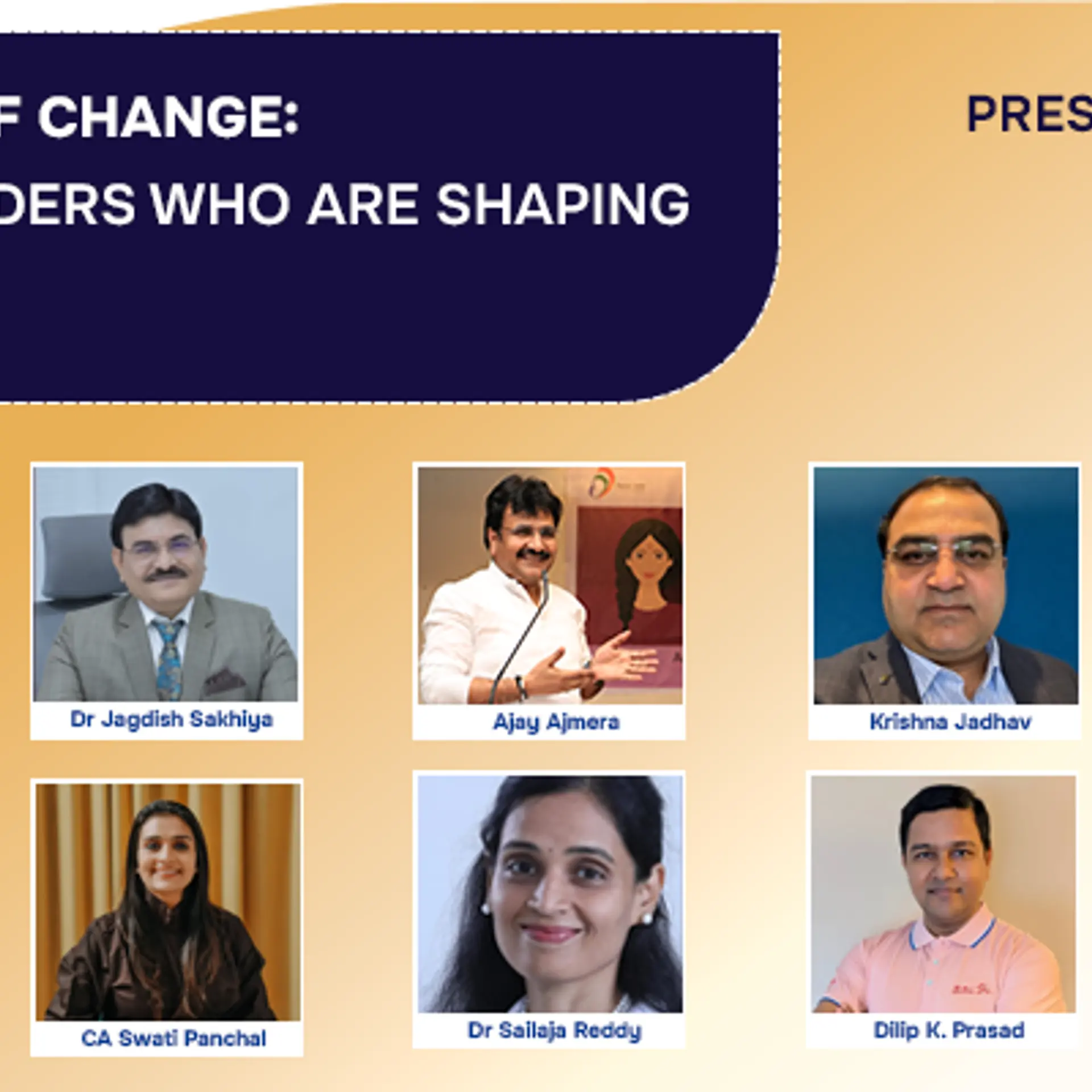Why CabBazar believes the outstation taxi segment still needs a disruptor
Gurugram-based CabBazar, an online cab aggregator for outstation travel, aims to ensure reliability, convenience, and good service.
Ola and Uber may have made the daily commute, outings, and even outstation travel easy in metro or Tier I cities, but smaller cities are still wanting.
When techie and engineer Deepanshu Rustagi, 23, came up against this problem while trying to book a ride, he decided to work on a solution. The result was CabBazar, an outstation cab aggregator platform with better connectivity for Tier II and III cities.
Serendipity got him together with the other co-founders – all of them worked together at the same software firm at some point of time. It was there that Amit Dhall was having a difficult time with software product development for a client taxi business. Rishabh Gupta, also an engineer, was fascinated with the scope of the outstation taxi business. Dinesh Sharma, meanwhile, had experience of a truck (transport) aggregator product, which he had developed for a client.
Conversations led to brainstorming, which led them to found CabBazar.

What does it do?
“We are working to provide comfort, ease of booking, and a hassle-free enjoyable journey at a competitive price through a fully automated system, personalised feedback, partner (taxi provider) follow-up and control, and zero payment hold for partners,” Amit says. CabBazar currently is primarily focussed on intercity travel, but also gives an option of intracity travel.
The website lets one book a ride by entering the travel dates and itinerary. It shows prices for different cars and customers can book by paying 15 percent in advance. There is also an Android app that users can download.
As soon as a customer places a booking, s/he gets notified through SMS and email on the trip and advance payment details. All taxi providers serving the area are notified on their CabBazar partner Android app. All drivers on the platform are verified, and thus a customer gets access to only verified drivers.
When a taxi provider accepts the booking, the customer gets the car and driver details so s/he can talk to driver. There is no waiting till the last couple of hours for the car and driver details.
On completion of the trip, the driver completes the journey on his mobile app and enters any additional details (extra kilometres travelled etc). Both driver and customer are sent complete invoice details for the pending payment.
Taxi providers can get associated with CabBazar by registering on the CabBazar Partner Android app. They need to provide the necessary documents before they are part of the team. “Once verified by our backend team, they start getting bookings on the app. We verify each agency, car, and driver,” Amit says.
CabBazar currently operates from Delhi-NCR.
Model and numbers
The platform follows an aggregator model, much like Ola and Uber. Amit explains that travellers get a one-stop place to hire a verified taxi at a good price and quality of service.
Taxi providers, meanwhile, turn get consistent business irrespective of season. CabBazar, which provides the technology platform and overall support, earns commissions of close to 10-15 percent. The team claims to have crossed revenue of Rs 35 lakh in six months. They claim a month-on-month growth of 30 percent and partnered with close to 600 taxi providers in Gurugram.
However, setting up a cab aggregator platform comes with its own challenges. For CabBazar, the challenges were setting up the business model and getting consistent financing.
“Although we had the idea, our objective was very clear, and we had a detailed business model there was no proven way to know for sure that whether customers and taxi providers would actually accept the service or not,” Amit says.
To work around this, the team decided to begin by creating a minimum viable product (MVP), and add basic on-ground experiences in the market. The team began with a static website and a phone number. After three months and four models, the team finalised on a model that works. They went the same way for their marketing strategy too.
“We are still changing both for continuous improvements but they are defined now,” Amit says.
The next challenge was setting up, but they got incubated at India Accelerator, which gave them seed funding and market access.
The market
A growing number of cab aggregator platforms have hit the road in India in the last couple of years. While governments like Goa and Karnataka have their own platforms, Goa Miles and Namma Tyger, respectively, startups are also operating in the space.
Hyderabad-based Vihik Cabs claims to have over 7,500 customers and more than 1,000 drivers (200 in Hyderabad). The team hopes to connect with over 10,000 customers by the end of this year.
Ola, valued at $4.2 billion, is already allegedly looking to raise additional capital from Tencent, while Uber, valued at $68 billion, has consolidated its presence in China and Russia, and is focused strongly on India. Others include the bootstrapped Rastey Cabs, Wagon Cabs, and outstation cab aggregator Rutugo, which was acquired by ixigo in 2015.
As these platforms start growing they need to be prepared for volumes.
However, CabBazar says their focus is in regions where most cab aggregators do not have strong operations. “Our future plan is to be the most trusted platform for outstation taxis for travelers and taxi providers throughout India. We are planning to cover all cities across India. We expect to grow 50 percent QoQ in FY2018-19 and 40 percent YoY after that,” Amit concludes.







